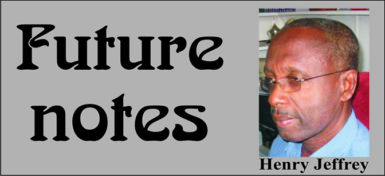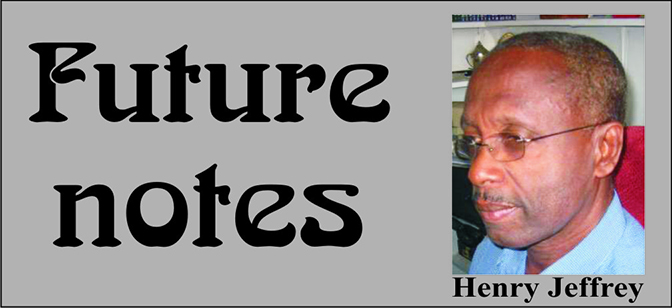 ‘This case [Attorney General vs. Cedric Richardson, recently completed in the Caribbean Court of Justice (CCJ)] was more than term limits. It was about the limits which ought to be placed on those who act in the name of the people. It was about the limits of the exercise of legislative power under the ‘social contract. … Cedric Richardson’s lawyers were of the opinion that the legislature had no right to restrict the right of citizens to decide who they want for President … If sovereignty belongs to the people …. [s]hould the people not have a say in deciding whether parliament should limit them in this respect? And should this not require the consent of the people via a referendum? (No victory for democracy. KN: 05/07/2018). Using the very philosophical tradition to which Richardson’s attorneys appealed, my answer to the final question is no: absolutely not. Their misconception arises from them not asking a question that is seminal to our political system, namely: what happens when there is no ‘the people’?
‘This case [Attorney General vs. Cedric Richardson, recently completed in the Caribbean Court of Justice (CCJ)] was more than term limits. It was about the limits which ought to be placed on those who act in the name of the people. It was about the limits of the exercise of legislative power under the ‘social contract. … Cedric Richardson’s lawyers were of the opinion that the legislature had no right to restrict the right of citizens to decide who they want for President … If sovereignty belongs to the people …. [s]hould the people not have a say in deciding whether parliament should limit them in this respect? And should this not require the consent of the people via a referendum? (No victory for democracy. KN: 05/07/2018). Using the very philosophical tradition to which Richardson’s attorneys appealed, my answer to the final question is no: absolutely not. Their misconception arises from them not asking a question that is seminal to our political system, namely: what happens when there is no ‘the people’?
‘Libertarians’, the author of the above-quoted article, continued, ‘argue that before man entered into society, he enjoyed certain inalienable rights – the right to life, liberty and property’ and when this is associated with the notion of a social contract, libertarianism takes its cue from John Locke, the darling of the rising bourgeoisie. For him ‘Government has no other end but the preservation of property.’ … ‘T]he great end of men’s entering into society [is] the enjoyment of their properties in peace and safety.’ With most quotations coming from Locke’s Second Treatise of Civil Government (1690), on the beginning of political society’, let us try to decipher what he actually said in relation to the purpose, establishment and management of the state and then try to apply this to Guyana.

